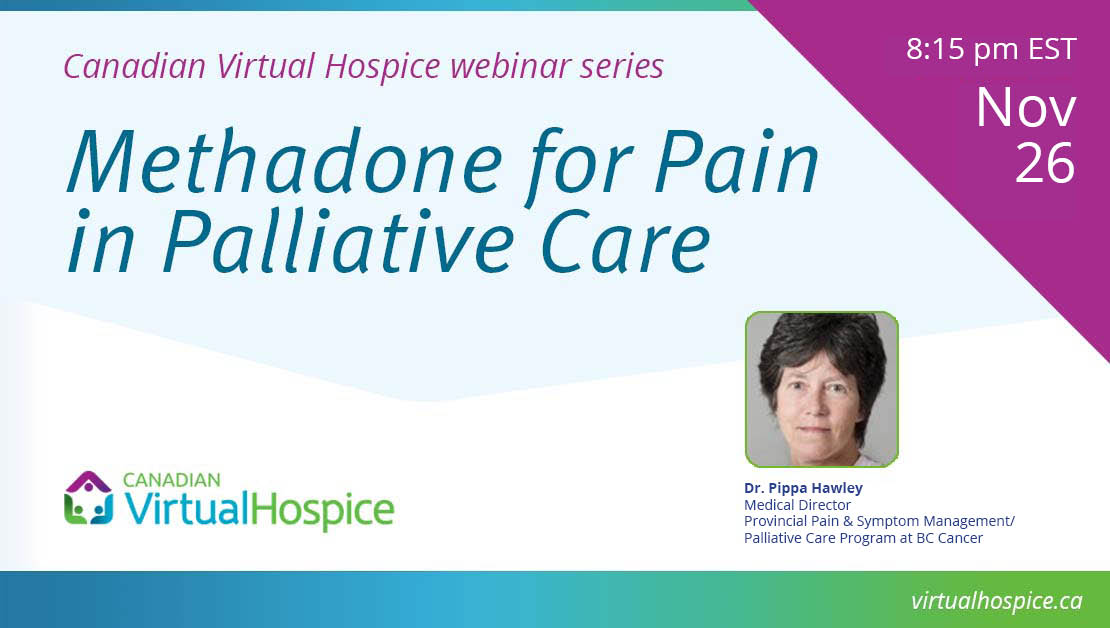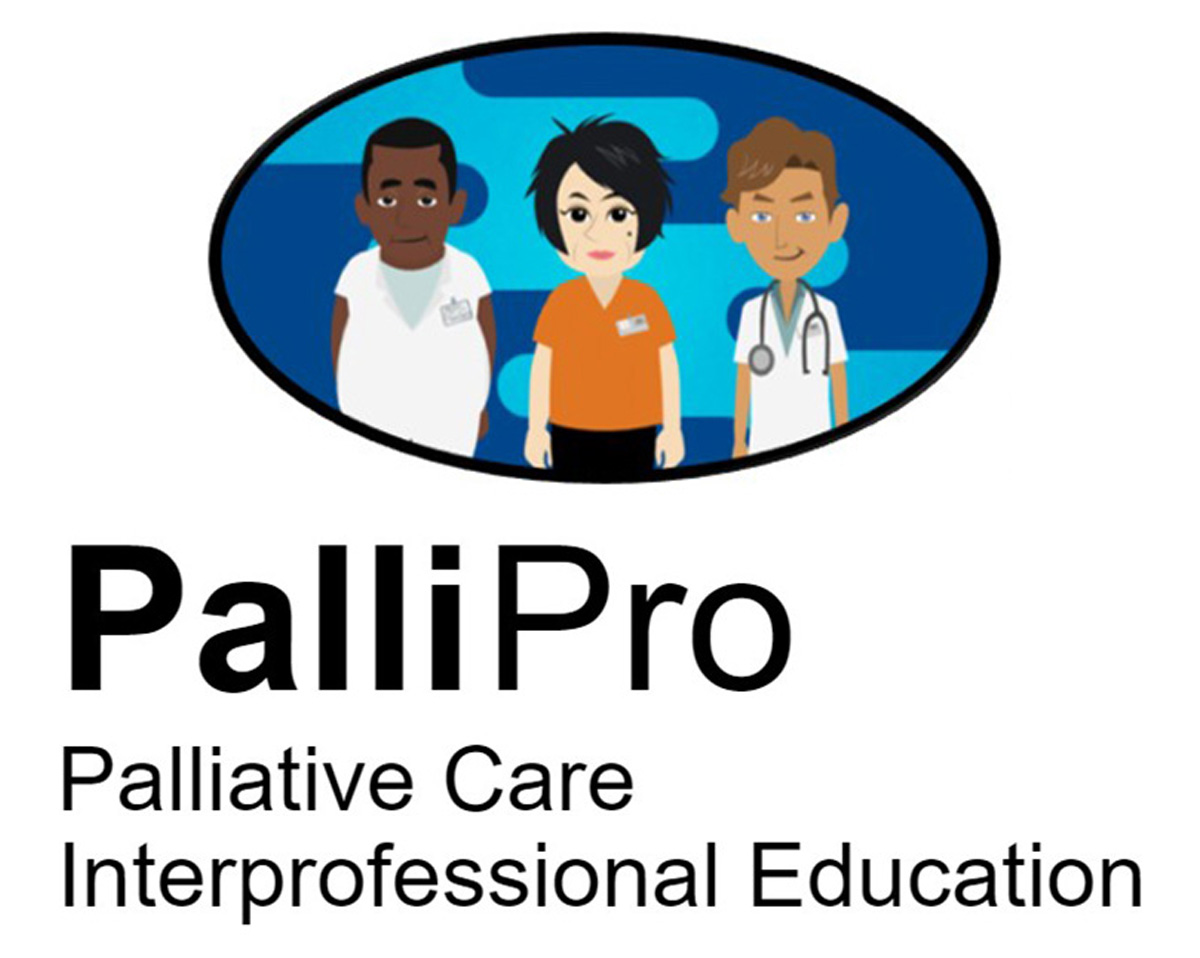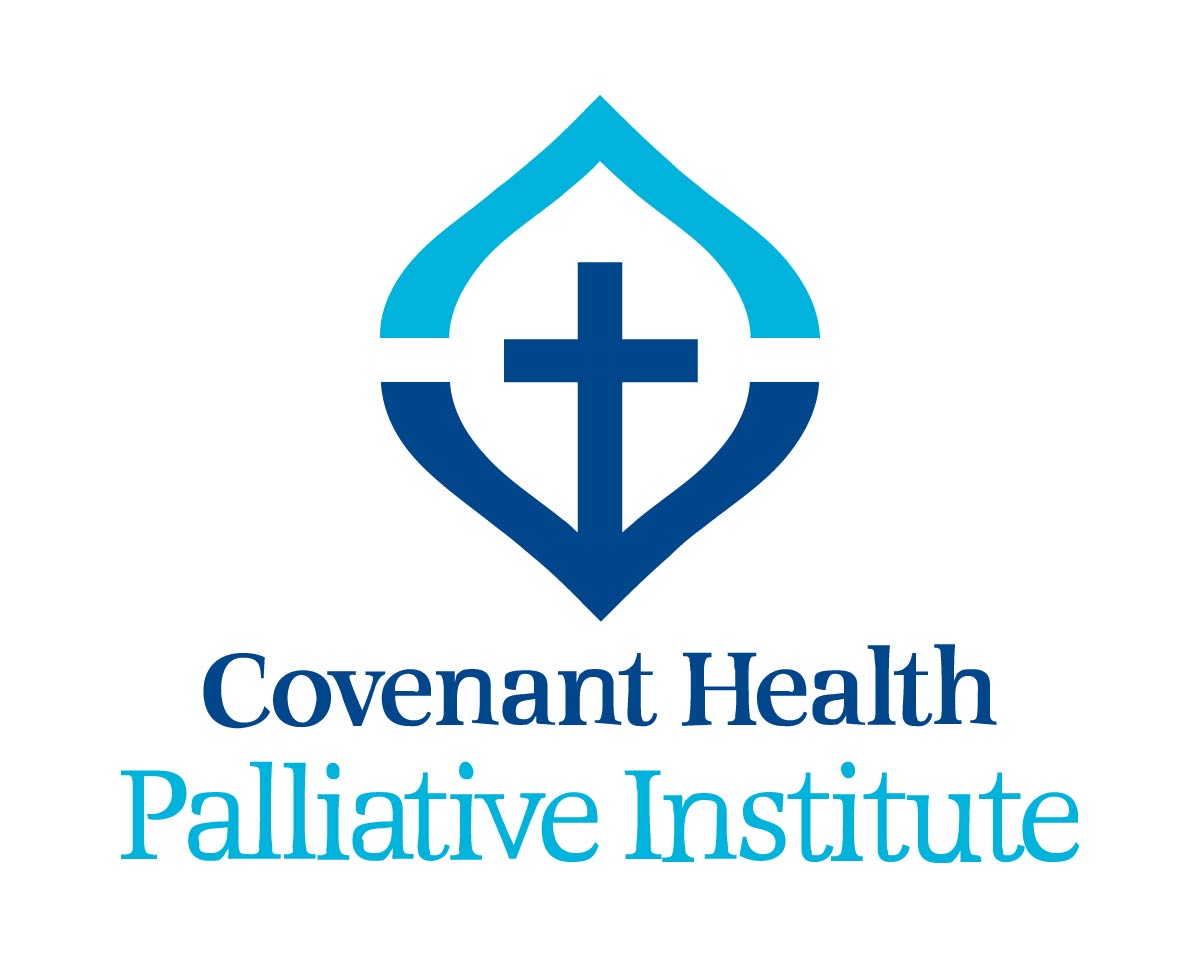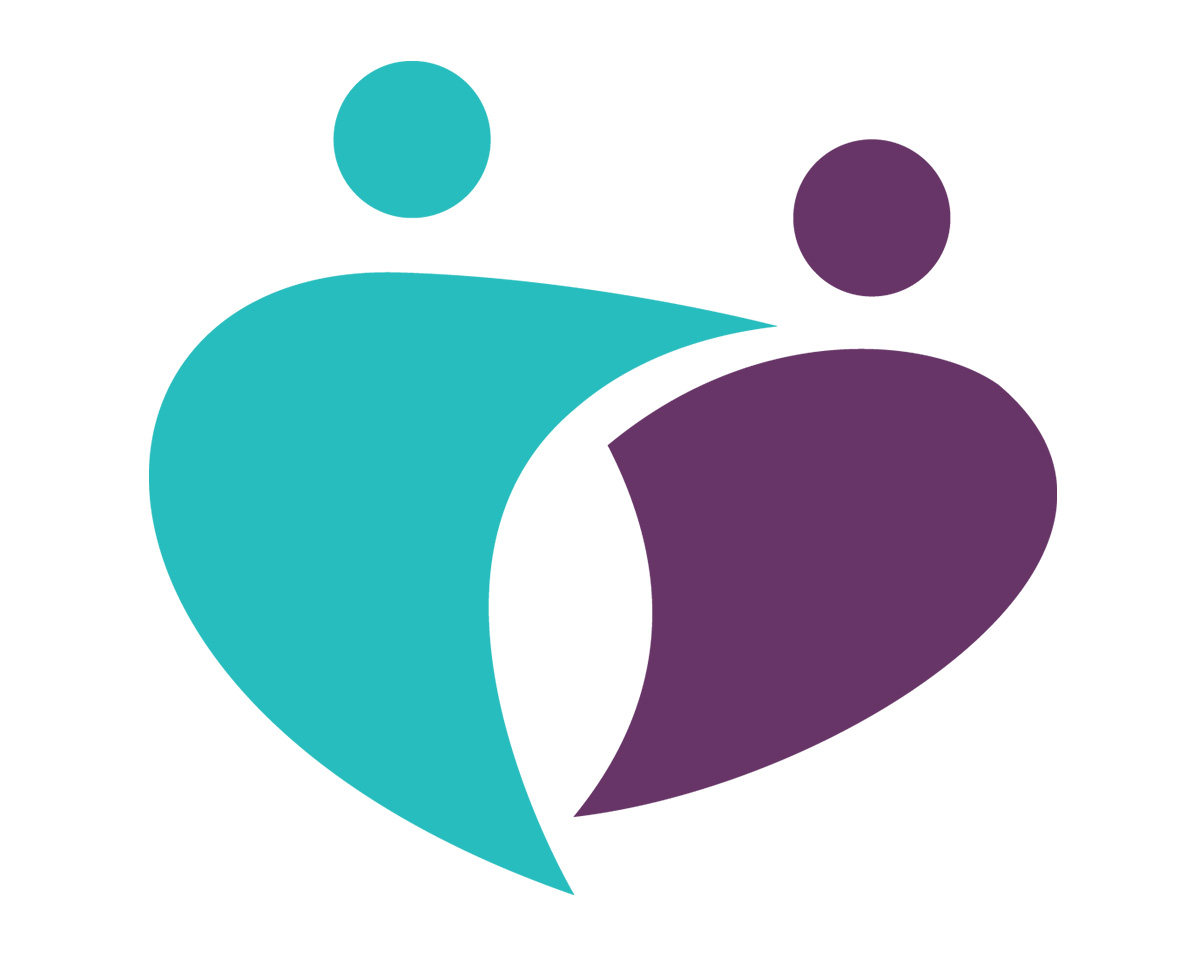Why CVH Learning Hub?
The Learning Hub is your gateway to free, evidence-informed learning modules to support your practice. The modules help you build capacity and confidence in delivering palliative care and grief support.
- Self-directed and self-paced
- Practical tools and strategies
- Developed by leaders in palliative care and grief
- Certificates of completion
Modules for People Working in Healthcare

Indigenous Cultural Safety Training
Everyone working in healthcare has a responsibility to contribute to respectful care that honours and includes cultural traditions and beliefs. In these modules, you will hear from Indigenous Peoples about their values, beliefs, and views about care, explore barriers to culturally safer care, and learn how to address these barriers. Earn up to 5 certified Mainpro+® credits!

Advanced illness, palliative care and grief
Start Now
Understanding Indigenous culture in palliative care
Start now
Indigenous Peoples' journey through end of life care
Start now
Creating a safer space and wise practice for end-of-life care
Start now
Grief experienced by Indigenous Peoples - Part 1
Start Now
Grief experienced by Indigenous Peoples - Part 2
Start Now
Healthcare Provider Grief: Recognizing and Responding
Recognizing your grief is a necessary but often forgotten part of working in healthcare. We hope these modules will help you and your healthcare team support each other and share your own stories about grief and meaning to improve your own health, well-being, and work.

Grief Training: Building Healthcare Provider Capacity
Regardless of your professional role, you’re likely to encounter patients and families who are experiencing loss and grief. The goal of these modules is to increase your understanding about grief as you support patients and their families.

Building healthcare capacity for providing grief support
Start now
Recognizing and understanding patient and family grief
Start now
Engaging and assessing patients and families
Start now
Strategies for supporting grief
Start now
Children's visits with a patient
Start now
Long Term Care: Understanding and Responding to Grief
These grief learning resources are for people working in long-term care settings. No matter your role, end-of-life, grief, and bereavement will be part of your working life. These modules will help increase your understanding about grief and confidence in supporting patients and their families.

Social Workers and Counsellors: Building Your Grief Support Skills
In many settings, formally assessing, responding to, and supporting people in their grief is the work of social workers and counsellors. These modules strive to support social workers and counsellors in their work with grieving individuals, families, and communities.

Building capacity to support grieving families in the ICU: Online training for ICU clinicians
These modules help clinicians to better understand grief and respond to patients and families in distress in constructive ways, specifically in the ICU setting.

Grief and Trauma in the ICU
Start now
Understanding grief and trauma
Start now
Strategies for working with traumatic grief
Start now
Supporting children visiting the ICU
Start now
Responding constructively to work-related vicarious trauma
Start now
Methadone for Analgesia in Palliative Care
Methadone4Pain is a series of three education modules for physicians, nurses and pharmacists seeking to improve their knowledge in prescribing and managing patients prescribed methadone for pain in palliative care. Earn up to 2 certified Mainpro+® credits!

MyGriefToolbox for Paramedics
What do I say to a family member in distress? How do I tell an unprepared family that death is imminent? MyGriefToolbox is a series of eight education modules for paramedics. They provide strategies in palliative care and grief support to enhance your practice.
Paramedicine is evolving to provide palliative care in the home. Paramedics and grief experts collaborated to develop MyGriefToolbox.ca to help you deliver the care that matters at the most difficult time of life.
MyGriefToolbox.ca is currently housed on its own site and will be migrated to the learning hub shortly. To access the modules, please visit MyGriefToolbox.ca.
Webinars
From our partners
Caregiver-Centered Care
Earn your certificate in Caregiver Centered Care.
PalliPro Education
Improve your knowledge and skills in providing palliative care.
Understanding Palliative Care
Learn about the support offered through palliative care.
Dementia Education for Care Partners
Learn how to support those living with dementia with this free online course.
More Resources
With investment from




Production of the course material in the Learning Hub has been made possible through financial support from the Health Canada, Canadian Partnership Against Cancer, Health Excellence Canada, and the Winnipeg Regional Health Authority. The views herein do not necessarily represent the views of Health Canada, the Canadian Partnership Against Cancer, Healthcare Excellence Canada, or the Winnipeg Regional Health Authority.
Partners


































































